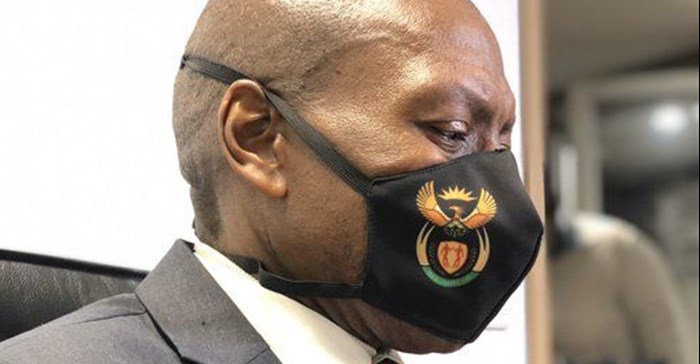Inequalities in South Africa's healthcare system have been brought into sharper focus by the Covid-19 pandemic, and therefore implementing the National Health Insurance (NHI) programme is a critical intervention to provide better use and access to medical care.

Health minister, Dr Zweli Mkhize
South Africa remains one of the world’s most unequal societies, plagued by income disparities, said health minister, Dr Zweli Mkhize in a webinar marking World Health Day on 7 April. “The most vulnerable of our people still struggle to access quality health and services, while those in higher-income groups benefit significantly from the health system, irrespective of whether they utilise public or private services.”
The public sector serves 84% of the country’s population, while the private sector primarily through medical aid schemes caters for the remaining 16%.
In addition, key health professionals including general practitioners, specialists, dentists and audiologists, mostly work in private practice and serve households with higher income. For instance, 24.8% of the much-needed specialists are employed in the public sector, while 75% are in the private sector. “This is despite the need for their services being greatest amongst the lower-income and vulnerable groups,” Mkhize said.
Inequality is not a new problem, according to the World Health Organisation (WHO) Director-General, Dr Tedros Adhanom Ghebreyesus. “But Covid-19 has brought it into sharp focus. The pandemic has pushed an estimated 120-million people into extreme poverty, and significantly increased gender inequalities, with more women than men leaving the labour force.”
He said health inequalities make the world less safe and less sustainable. “As we build back from Covid-19, it’s vital to invest in better health services and remove the barriers that prevent so many people from using them – so more people have the chance to live healthy lives.”
Manufacturing capacity
Mkhize also said depending on other continents should be the thing of the past. “We should take it as an urgent assignment to make sure that come other pandemics in the future, Africa is capable of manufacturing its own requirements, whether it’s protective gear, pharmaceutical products, diagnostic vaccines and equipment.
"I think this is a lesson that we must learn now and never be put in a situation where our response is very much dependent on other countries serving their own domestic interests first, while the continent benefits last in the queue.”
Many African countries scrambled to get their hands on lifesaving Covid19 vaccines. He called on the continent to be come self-sufficient, citing Aspen Pharmacare, which is the only drug manufacturer in the continent that is currently producing the Johnson & Johnson Covid-19 jabs.
“This needs to be changed for the future,” he added.
















































